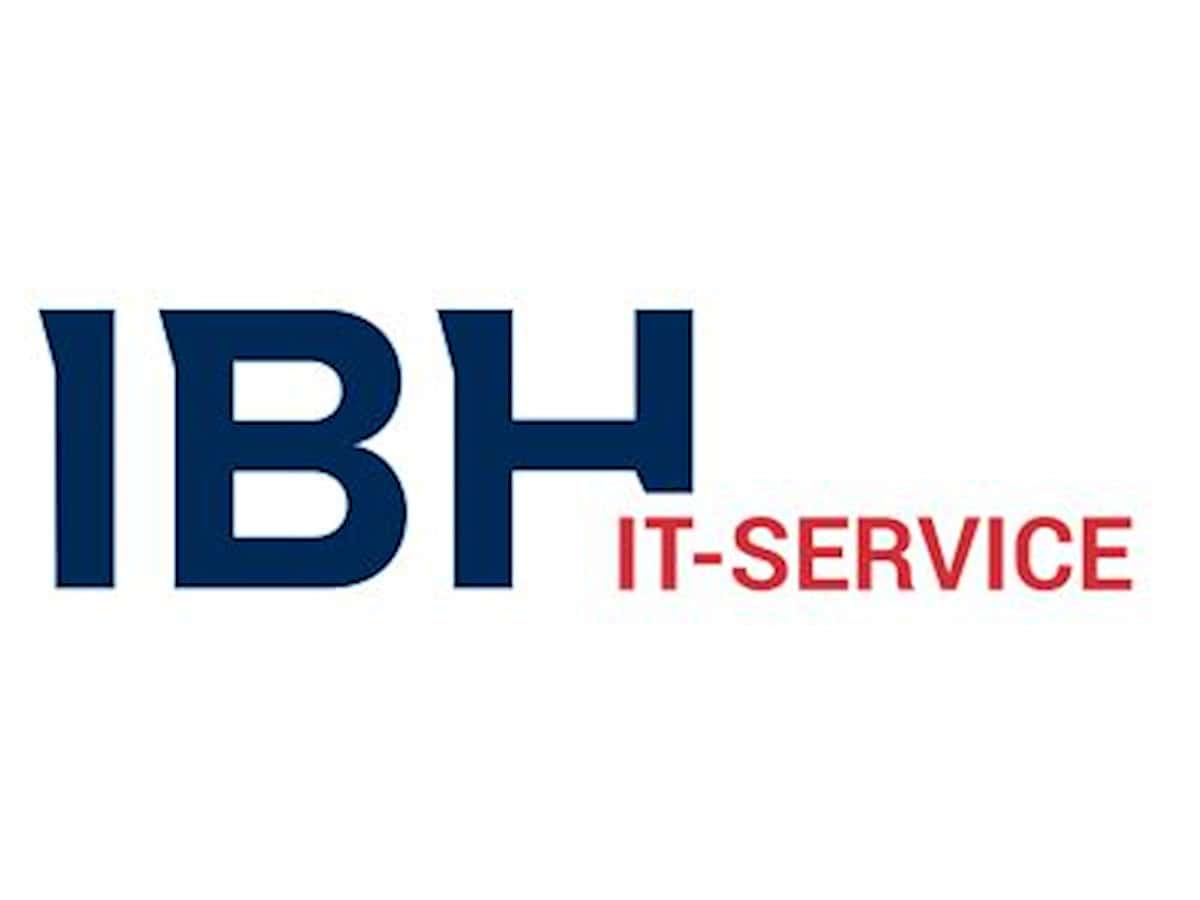
What initially sounds like an isolated incident turned out to be a wake-up call for all organizations and companies that take digital communication for granted. The lockdown painfully demonstrated how dependent even the highest institutions are on private-sector IT structures and how quickly their own digital capacity to act can be lost.
Why domain and DNS are important parts of the digital infrastructure
What many overlook: It’s not just data, but also the domain and the Domain Name System (DNS) that form the basis of every company’s digital existence.
A domain is far more than just a web address. It is the central identity under which your digital communication, your email domains and your brand presence run. The DNS, in turn, is the system that ensures that users can reach your website or mail server in the first place. If access to the DNS zone is blocked or manipulated, your company can simply no longer exist externally: Websites, email traffic, certificates … everything can come to a standstill from one moment to the next.
Digital sovereignty and resilience
The discussion about digital sovereignty usually only focuses on data, but rarely on the basic infrastructure, such as domains, DNS and email.
Those who manage their domain registration or email systems outside the EU are often subject to foreign jurisdictions. This harbors considerable risks: European data protection (GDPR) protects against arbitrary access, while the US Cloud Act, for example, allows secret data queries. The result: a creeping loss of control over business-critical systems.
What can happen if control is lost?
If sovereignty over your domain or DNS zone is revoked, your company may:
- no longer communicate by email,
- no longer be accessible via your own website,
- and in the worst case scenario, experience unnoticed data redirections or certificate changes.
Such scenarios are not only caused by technical errors, but also by targeted intrusions and attacks.
How to strengthen your digital resilience
Sovereignty begins with conscious decisions.
Every company should ask itself the question: How long will I be able to survive if my domain suddenly disappears and my company no longer exists on the outside?
Our IBH recommendations:
- Domain registration with European registrars – with DNS locations in the EU
- Separation of email and DNS services – to reduce dependencies
- Use of modern security standards such as TLS, SPF, DKIM and DMARC to ward off spoofing and phishing attempts
- Regular audits, emergency processes and network segmentation to strengthen cyber resilience
- Modular infrastructures – for flexibility, resilience and regulatory security
IBH – your partner for sovereign and resilient domain solutions
As a technical enabler and strategic partner, IBH offers everything you need for a secure and sustainable domain strategy:
- Domain registration and favorable conditions
- Failover redundant DNS infrastructure with multiple server locations in Germany
- Support for “Hidden Primary”
- DNSSec / DANE
With us, you retain control over your digital identity – legally compliant, independent and future-proof.
Our conclusion: control cannot be taken for granted!
The blocking of the email account in The Hague was not an isolated incident, but a wake-up call for what is at stake: digital self-determination. Companies that manage their domains and email systems with confidence gain more than just security. They secure their existence. Because those who control their domain themselves control their future.
– – – – – –
Further links
👉 www.htw-dresden.de
Photo: BeeBright, gettyimages




